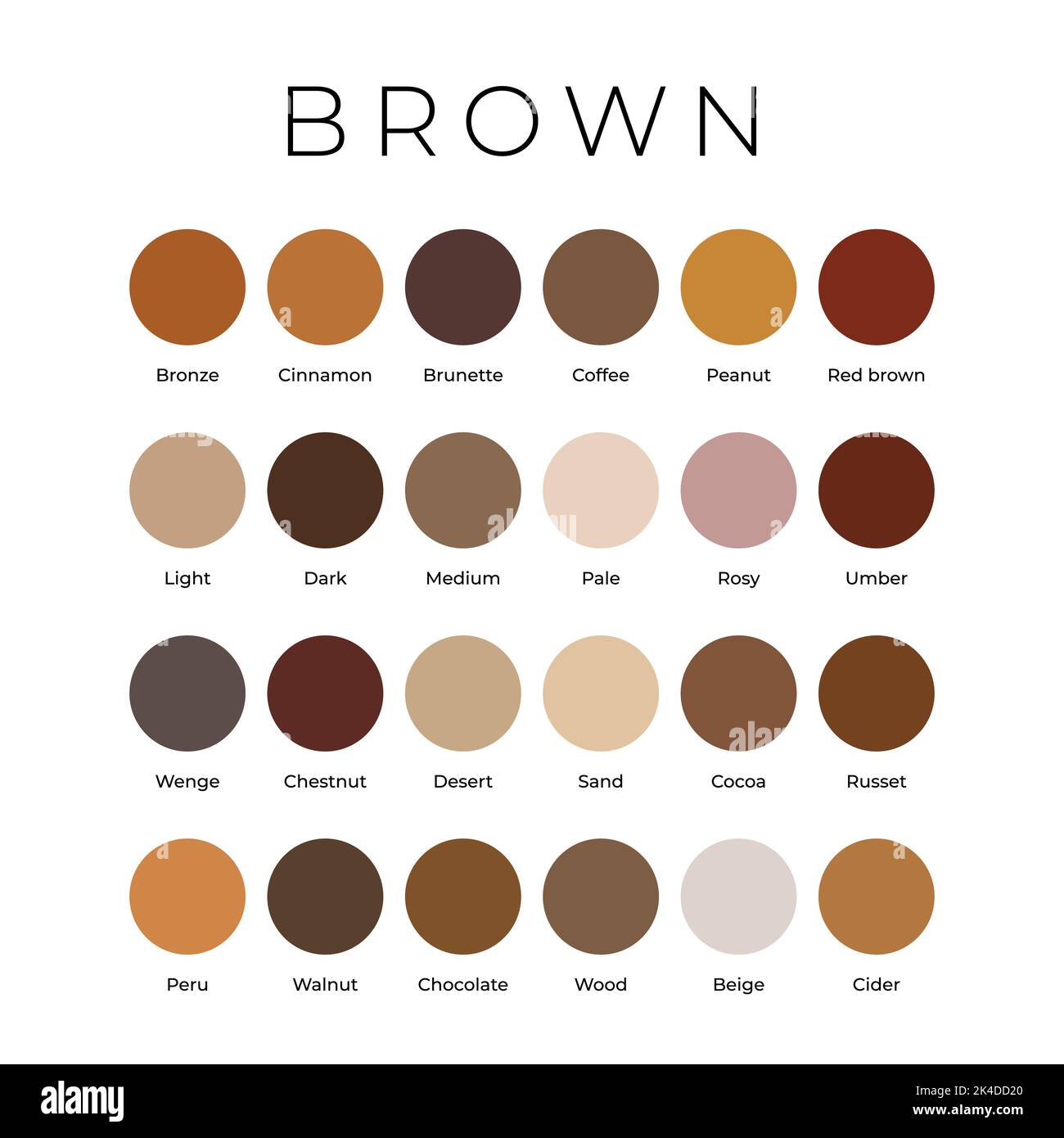Food Handler Responsibilities: Critical Safety Practices and Common Misconceptions
Understand food handler responsibilities
Food handlers play a crucial role in protect public health by ensure the food they prepare and serve is safe for consumption. Their responsibilities encompass numerous safety practices, but there be besides common misconceptions about what fall within their duties. This article examines the essential responsibilities of food handlers and clarifies what typically fall outside their scope.
Core food safety responsibilities
Personal hygiene
Proper personal hygiene from the foundation of food safety protocols. Food handlers must:
- Wash hands exhaustively and often, specially after touch raw foods, use the restroom, handle garbage, or touch any potentially contaminate surface
- Wear clean uniforms or appropriate clothing
- Keep fingernail short, clean, and unpolished
- Wear hair restraints such as hairnets or hats
- Remove jewelry that might harbor bacteria or fall into food
- Cover cuts or wounds with waterproof bandages and wear disposable gloves
- Avoid work when sick, specially with symptoms like vomiting, diarrhea, or fever
Cross contamination prevention
Prevent cross contamination is essential for food safety. Food handlers must:
- Use separate cutting boards, utensil, and equipment for raw and ready to eat foods
- Clean and sanitize all food contact surfaces between uses
- Store raw meats below ready to eat foods in refrigerators
- Change glove when switch between handle different food items
- Follow proper cleaning procedures for equipment and utensils
- Ensure proper storage of clean chemicals outside from food preparation areas
Temperature control
Maintain proper food temperatures is critical to prevent bacterial growth. Food handlers must:
- Cook foods to their requirement minimum internal temperatures
- Hold hot foods at 135 ° f (57 ° c )or above
- Keep cold foods at 41 ° f (5 ° c )or below
- Regularly check food temperatures with calibrated thermometers
- Follow proper cool procedures for hot foods
- Reheat foods to 165 ° f (74 ° c )within two hours
- Thaw frozen foods safely in refrigerators, under cold running water, or in microwaves
Food storage
Proper storage prevent contamination and spoilage. Food handlers must:

Source: foodhandlersguide.com
- Follow the FIFO (first in, first out )principle for food rotation
- Store food in clean, food grade containers with proper labels and dates
- Keep food storage areas clean and organize
- Store food at least 6 inches off the floor
- Maintain appropriate humidity and temperature in storage areas
- Keep storage areas free from pests
Allergen management
Protect customers with food allergies is progressively important. Food handlers must:
- Know the major food allergen (milk, eggs, fish, shellfish, tree nuts, peanuts, wheat, and soybeans )
- Understand how to prevent cross contact with allergens
- Accurately communicate allergen information to customers
- Follow recipes incisively without substitute ingredients
- Clean and sanitize equipment good after handle allergen
Waste management
Proper waste handling prevent contamination and pest issues. Food handlers must:
- Dispose of waste quickly and befittingly
- Keep waste containers cover and outside from food preparation areas
- Clean waste containers regularly
- Wash hands after handle waste
What’s not typically a food handler’s responsibility
While food handlers have many important duties, there be several responsibilities that typically fall outside their scope:
Create food safety plans
Food handlers are loosely not responsible for developing comprehensive food safety plans HACCPc( ( hazard analysis critical control poi) ) systems. This responsibility typicallybelongsg to management, food safety specialists, or qualified food safety managers. Food handlers arexpectedct to follow establish protocols instead than create them.
While they should report safety concerns, food handlers aren’t typically responsible for:
- Conduct formal hazard analyses
- Establish critical control points
- Design monitoring procedures
- Create corrective action plans
- Develop verification procedures
- Establish record keeping systems
Facility design and equipment selection
Food handlers are not typically responsible for:

Source: pngitem.com
- Design kitchen layouts
- Select commercial equipment
- Planning ventilation systems
- Determine facility infrastructure need
- Make decisions about major equipment purchases
These responsibilities fall to management, owners, or specialized consultants who understand regulatory requirements and operational needs.
Food safety inspections and audits
While food handlers should maintain cleanliness and safety standards, they’re not typically responsible for:
- Conduct formal food safety inspections
- Perform internal audits
- Liaise with health department officials
- Manage inspection documentation
- Develop corrective action plans for inspection findings
These duties typically fall to management or designate food safety managers.
Train other staff
Unless specifically designate as a trainer, food handlers are not typically responsible for:
- Develop training materials
- Conduct formal training sessions
- Evaluate other staff members’ food safety knowledge
- Certify other employees in food safety
While experienced food handlers may mentor newer staff, formal training is typically the responsibility of management or designated trainers.
Supplier verification
Food handlers mostly are not responsible for:
- Select approve suppliers
- Conduct supplier audits
- Verify supplier food safety certifications
- Develop supplier specifications
- Manage supplier relationships
These responsibilities typically belong to management, purchase departments, or quality assurance personnel.
Regulatory compliance management
Food handlers are not typically responsible for:
- Interpret food safety regulations
- Ensure facility wide compliance with local, state, and federal regulations
- Maintain regulatory documentation
- Represent the establishment during regulatory inspections
- Develop compliance strategies
These responsibilities belong to management or designate compliance officers.
Common misconceptions about food handler duties
There be several misconceptions about food handler responsibilities:
Misconception: food handlers are responsible for menu development
While food handlers prepare food accord to establish recipes, they typically aren’t responsible for menu planning, nutritional analysis, or determine which dishes to offer. These decisions are commonly made by chefs, dietitians, or management.
Misconception: food handlers make purchasing decisions
Food handlers seldom make decisions about which brands or products to purchase. While they may report when supplies are low, purchase decisions typically fall to management or purchase departments.
Misconception: food handlers set food safety policies
Food handlers follow establish policies instead than create them. Policy development is typically the responsibility of management with input from food safety professionals.
The importance of clear role definition
Understand what’s and isn’t a food handler’s responsibility help establish clear expectations and accountability. While food handlers play a crucial role in food safety, they operate within a larger system where different roles have different responsibilities.
Clear role definition ensures:
- Proper training focus on relevant duties
- Appropriate accountability
- Efficient operations
- Comprehensive food safety coverage
- Proper allocation of resources
Legal and regulatory considerations
Food handlers should understand their legal obligations, which typically include:
- Follow establish food safety procedures
- Maintain proper personal hygiene
- Report illnesses that could contaminate food
- Report safety concerns to management
- Obtain and maintain require food handler certifications
Nonetheless, they’re loosely not lawfully responsible for:
- Overall facility compliance with health codes
- Maintain regulatory documentation
- Ensure other staff members’ compliance
- Represent the establishment to regulatory authorities
Conclusion
Food handlers have extensive responsibilities relate to food safety, include personal hygiene, cross contamination prevention, temperature control, proper food storage, allergen management, and waste handling. Nonetheless, they’re typically not responsible for create food safety plans, design facilities, conduct formal inspections, train other staff, verify suppliers, or manage regulatory compliance.
Understand these distinctions help establish clear expectations and ensure that food safety responsibilities are befittingly assign within food service operations. While food handlers play a crucial role in the food safety chain, they’re part of a larger system where different roles have complementary responsibilities.
By focus on their core duties while understand what fall outside their scope, food handlers can efficaciously contribute to safe food handling practices that protect public health and maintain the reputation of food service establishments.



